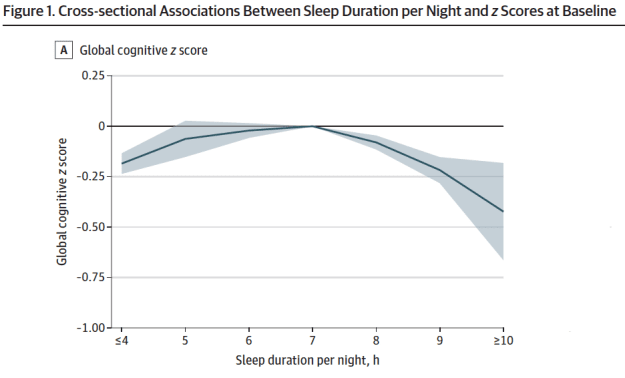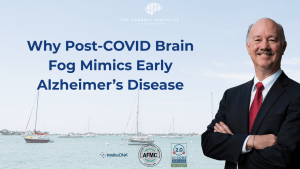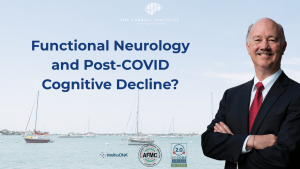
I’m often asked what supplements I recommend for optimal health. People often expect some profound secret, so they feel surprised when I say, “sleep.” Sleep plays a vital role in health on many levels. It influences inflammation, detoxification, eating habits, hormone balance, decision-making, mood, and much more. There is a powerful connection between sleep and cognitive decline.
A recent report on sleep appeared in the American Medical Association Journal, called JAMA Network Open. The study explored how sleep duration impacts cognitive decline. Researchers analyzed data from 20,065 participants across two studies. One study, The English Longitudinal Study of Aging (ELSA), took place in the United Kingdom. The other, The China Health and Retirement Longitudinal Study (CHARLS), was conducted in China. The ELSA group involved people aged 50 or older, while the CHARLS group included participants aged 45 or older.
To assess sleep duration, researchers interviewed participants. They asked open-ended questions but organized the data into seven categories: ≤4, 5, 6, 7, 8, 9, or ≥10 hours per night. To evaluate cognitive function, participants completed tasks and tests focused on memory, executive function, and orientation. Over several years, researchers collected data and compared baseline results with follow-up assessments that included at least one cognitive function measurement.

The study
The study uncovered an inverted U-shaped relationship between sleep duration and cognitive function. Specifically, this finding demonstrated that extreme sleep durations (≤4 or ≥10 hours per night) led to lower cognitive function. Conversely, sleep durations closer to 7 hours were associated with better cognitive performance. For comparison, researchers used the 7-hour group as the baseline.
The analysis revealed that extreme sleep durations significantly affected cognitive function at the start of the study. Moreover, these durations caused faster cognitive decline over time. This result remained consistent across both the UK and China groups.
Since the study evaluated various aspects of cognition, it identified memory as the most affected area. This insight is crucial because “memory impairment is the core symptom of dementia and can be considered a factor in the progression from mild cognitive impairment to dementia.”
Ultimately, this research emphasizes the importance of getting the right amount of good-quality sleep for maintaining brain health as we age.


